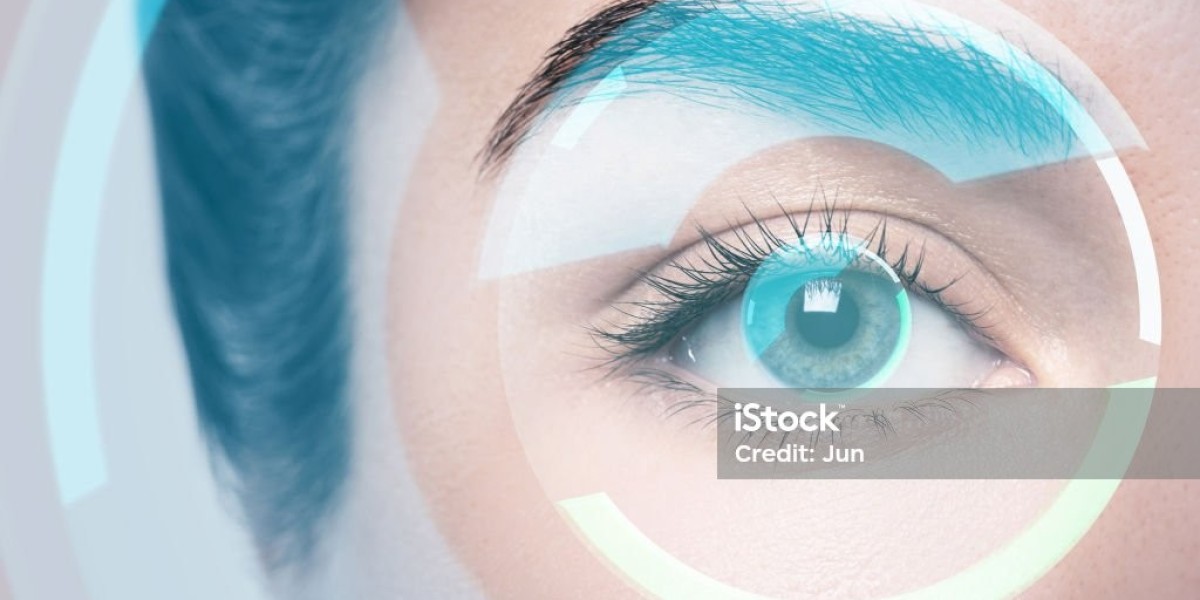Ophthalmology is a specialized branch of medicine focused on the health of the eyes and visual system. Ophthalmologists, the medical professionals who specialize in this field, play a crucial role in preserving and enhancing one of our most vital senses: vision.
The Role of an Ophthalmologist
Ophthalmologists are highly trained and skilled physicians who diagnose and treat a wide range of eye conditions and diseases. Their expertise covers not only the eye itself but also the surrounding structures, such as the eyelids and the tear ducts. They are often the first line of defense in maintaining good eye health.
Ophthalmologists perform various essential functions, including:
1. Eye Examinations: Ophthalmologists conduct comprehensive eye exams to assess visual acuity, evaluate the health of the eyes, and screen for various eye conditions.
2. Diagnosis and Treatment: When issues are identified, ophthalmologists are equipped to diagnose and provide treatment, which may include prescribing medication, recommending corrective lenses, or performing surgical procedures.
3. Surgery: Ophthalmologists are skilled surgeons and can perform a wide range of eye surgeries, such as cataract surgery, LASIK vision correction, and treatments for retinal conditions.
4. Management of Chronic Eye Conditions: Ophthalmologists provide ongoing care for chronic eye conditions like glaucoma, macular degeneration, and diabetic retinopathy.
5. Pediatric Ophthalmology: Some ophthalmologists specialize in pediatric eye care, addressing vision issues in children and ensuring early detection of potential problems.
6. Research and Innovation: Ophthalmologists are often at the forefront of eye-related research, contributing to the development of new treatments and technologies to improve vision care.
Common Eye Conditions Treated by Ophthalmologists
Ophthalmologists diagnose and treat a wide range of eye conditions, including:
1. Cataracts: Clouding of the eye's natural lens, leading to blurry vision.
2. Glaucoma: Increased pressure in the eye, which can damage the optic nerve and lead to vision loss.
3. Macular Degeneration: Deterioration of the macula, a part of the retina, resulting in central vision loss.
4. Diabetic Retinopathy: Damage to blood vessels in the retina due to diabetes, potentially causing vision impairment.
5. Refractive Errors: Conditions like myopia (nearsightedness), hyperopia (farsightedness), and astigmatism, which can be corrected with glasses or contact lenses.
6. Strabismus: A misalignment of the eyes, often referred to as "crossed eyes" or "lazy eye."
7. Conjunctivitis: Commonly known as pink eye, this is an eye infection or inflammation of the conjunctiva.
Preventive Eye Care
Regular eye check-ups with an ophthalmologist are essential for maintaining good eye health. These check-ups can help in the early detection of eye conditions, enabling timely treatment and preventing vision loss. Ophthalmologists may also offer advice on eye safety, such as protecting your eyes from harmful UV rays or preventing eye injuries.
Advancements in Ophthalmology
Ophthalmology is a field that has witnessed remarkable advancements over the years. These innovations have led to improved diagnostic techniques, treatment options, and overall patient care. Some notable advancements include:
1. Laser Eye Surgery: Procedures like LASIK and PRK have revolutionized the correction of refractive errors, allowing many individuals to reduce or eliminate their dependence on glasses and contact lenses.
2. Minimally Invasive Surgery: Ophthalmologists now use minimally invasive techniques for various eye surgeries, reducing recovery times and risks.
3. Intraocular Lenses: The development of advanced intraocular lenses has greatly improved cataract surgery outcomes. These lenses can often correct vision issues and reduce the need for glasses post-surgery.
4. Retinal Imaging: High-resolution retinal imaging technologies like optical coherence tomography (OCT) have transformed the diagnosis and management of retinal conditions.
5. Gene Therapies: Ophthalmology is at the forefront of gene therapy research, offering potential treatments for inherited retinal disorders and other eye conditions.
6. Innovative Medications: New medications and therapies have emerged for conditions like macular degeneration and glaucoma, helping to slow down disease progression.
The Importance of Early Detection and Prevention
Regular eye check-ups are essential, even if you don't have noticeable vision problems. Many eye conditions, such as glaucoma and diabetic retinopathy, can progress silently without obvious symptoms. Early detection through routine eye examinations can significantly improve the prognosis and reduce the risk of vision loss.
Maintaining Eye Health
Beyond regular check-ups, there are steps you can take to maintain good eye health:
1. Healthy Diet: Eating a diet rich in fruits and vegetables, particularly those high in antioxidants and omega-3 fatty acids, can promote eye health.
2. Eye Safety: Wearing protective eyewear when engaging in activities that could lead to eye injury, such as sports or home improvement projects, is essential.








